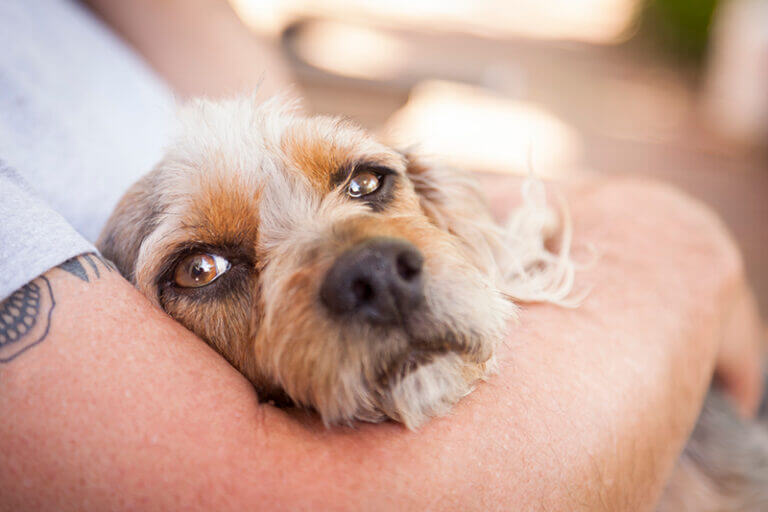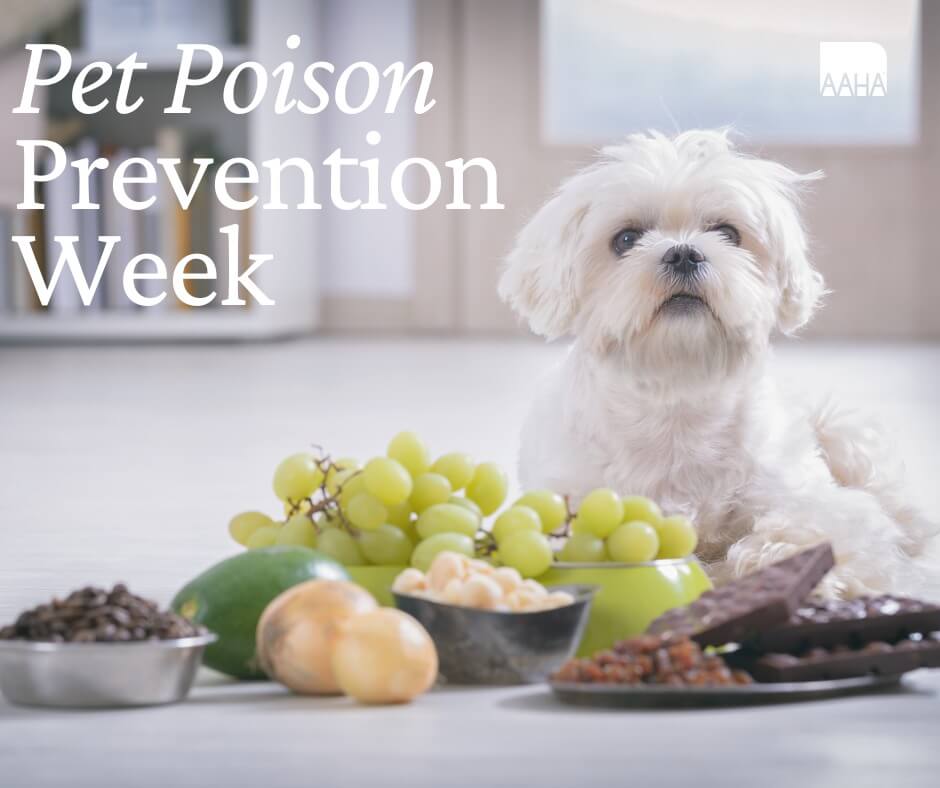Keeping Your Furry Companions Safe: Pet Poison Prevention Tips
Cats and dogs alike, can often get themselves into trouble due to their curious nature. One common concern for pet owners is accidental poisoning. Many household items and even some common house plants can be toxic to pets, so it’s important to be aware of the dangers and take steps to keep your pet safe.
Common Toxins Around the Home
 Medications: Human medications, including over-the-counter drugs, can be very dangerous for pets. Keep all medications in secure cabinets or out of reach on high shelves.
Medications: Human medications, including over-the-counter drugs, can be very dangerous for pets. Keep all medications in secure cabinets or out of reach on high shelves.- Household Products: Many household items, such as cleaning supplies, insecticides, rodenticides, and antifreeze, are poisonous to pets. Be sure to store these products securely and dispose of them properly.
- Human Food: Certain foods that are safe for humans can be toxic to pets, including chocolate, grapes, raisins, onions, and macadamia nuts. Holidays can be especially dangerous, as we tend to have more houseguests and more food around. Take a look at our holiday safety post for more information.
- Plants: Many common houseplants are toxic to pets, such as lilies, tulips, and azaleas. If you’re unsure whether a plant is safe, it’s best to err on the side of caution and keep it out of reach.
Click here to see a more detailed list of common household items and plants that can be poisonous to pets here
Pet-Proofing Your Home
- Store potential toxins securely: Keep all medications, cleaning supplies, and other potential toxins in cabinets with childproof locks or on high shelves out of your pet’s reach.
- Secure the trash: Use a trash can with a lid that your pet can’t open.
- Beware of human food: Don’t leave food unattended on counters or tables, and be mindful of what you drop on the floor.
- Choose pet-safe plants: If you have houseplants, research them to ensure they are non-toxic to pets.
What to Do in Case of Pet Poisoning
If you think your pet may have ingested something poisonous, act quickly. The ASPCA Animal Poison Control Center (APCC) is available 24/7 for emergency consultations at (888) 426-4435. Call them immediately and provide as much information as possible about the suspected toxin and the amount your pet may have ingested.
Here are some additional tips:
- Keep the phone number for your veterinarian and the APCC handy in case of an emergency.
- If you can safely remove the toxin from your pet’s mouth, do so.
- Do not induce vomiting unless instructed to do so by a veterinarian.
By following these tips, you can help keep your pet safe from accidental poisoning. Remember, an ounce of prevention is worth a pound of cure!


